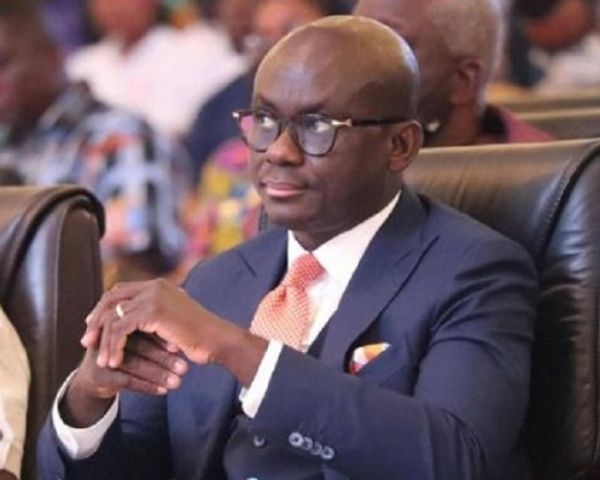
By Edson Baraukwa | Africa Guardian
The Attorney-General and Minister of Justice, Godfred Yeboah Dame, has emphasized the need to establish Africa as a central hub for arbitration concerning cases arising from the continent.
Speaking at a luncheon for the African Regional Forum during the International Bar Association’s annual conference in Mexico, Mr. Dame highlighted the significant challenges African nations encounter in international arbitration, particularly when proceedings are governed by foreign laws.
He referenced a notable case where Nigeria faced an over $11 billion award due to a claim by Process & Industrial Development Limited (P&ID). Although a London court eventually set aside the award, it underscored the difficulties African nations face in the realm of international arbitration.
“It is perplexing that companies can win substantial international arbitration awards despite failing to make a case in the domestic courts of African countries, sometimes relying on contracts that lack the necessary statutory and constitutional approvals,” he stated.
Mr. Dame clarified that these issues are not indicative of weak judicial systems within African nations, but rather stem from the inherent nature of international arbitration, characterized by secrecy, flexible rules, and the finality of awards.
He called for a reassessment of the international arbitration framework in Africa, advocating for reforms that would enhance the integrity of legal systems across the continent. By establishing fair and efficient mechanisms for commercial dispute resolution, African governments can protect their legal frameworks from external influence.
He urged stakeholders to collaborate in creating a transparent and fair environment to improve the business climate throughout Africa. With focused efforts, he asserted that the continent could reshape its arbitration landscape to reflect its sovereignty and safeguard its interests.
In this regard, Mr. Dame pointed out Ghana’s leadership in establishing the Ghana Alternative Dispute Resolution Centre, which aims to serve as a venue for resolving high-value commercial disputes. He encouraged participants to consider this new center for adjudicating important commercial cases on the continent.
Ghana is also advancing reforms to improve arbitration processes involving the state. Mr. Dame disclosed that the country is working on an amendment to the State (Property and Contracts) Act of 1960. This amendment will require that all contracts involving the state and its agencies specify Ghanaian law as the governing law and designate Ghana as the arbitration seat, with the ADR Centre in Accra as the venue.
“With this amendment, the current practice where state officials and Ghanaian lawyers travel to jurisdictions like Paris, New York, London, and Singapore for arbitration involving the Ghanaian government will become a thing of the past,” he noted.
On the matter of cross-border legal practices, Mr. Dame stressed the need for synergy between domestic law enforcement and international law. He urged lawyers across Africa to continuously update their skills to provide modern, innovative, and cost-effective services.
He highlighted the diverse legal regimes within Africa—including common law, civil law, and Islamic law—and the importance of lawyers being well-versed in these systems to handle disputes effectively.
Lastly, he called on legal professionals to consider offering pro bono services to those unable to afford legal representation as a means of addressing inequality and bridging gaps within the legal system.
___
